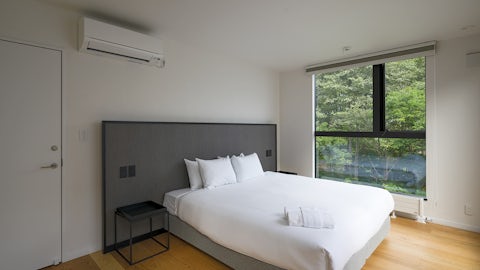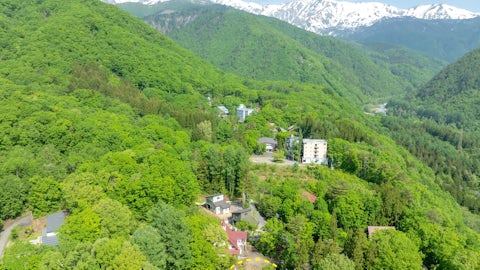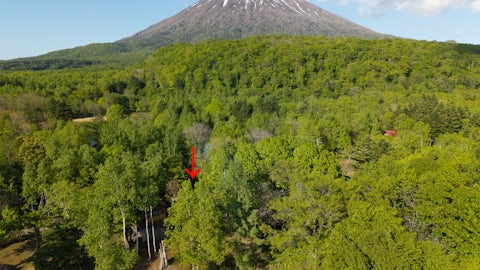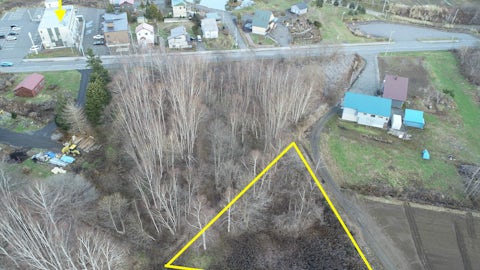The modern wellness movement has gripped the world over the past 5-10 years. But, the Japanese... well, they've been doing it for centuries.
Onsen hot springs are a part of everyday life for Japanese people and a quintessential travel experience for any foreign tourist. Here we profile the history and traditions of onsen, some of the best onsen in Japan's resort towns and the perks of having your very own onsen hot spring at home!
We have hundreds of listings on our site that include onsen - search below or read on for more information about this traditional Japanese culture.
History and Tradition
Japan is among the most volcanically active countries in the world. The archipelago nation has 270 volcanoes, 100 of which are active right now! The mineral-rich thermal hot spring water these volcanoes produce feed the thousands of onsen baths around the country.
Onsen water is said to contain many healing elements giving great health benefits such as pain relief, improved circulation, reduced blood pressure and stress relief to users. And there are few things better than sinking into a hot thermal pool after a long day out and about.
For over 3,000 years, Japanese people have been using onsen not only for personal relaxation and health benefits, but for socializing and community gathering too.
Etiquette

Like many Japanese customs, onsen bathing has a number important points of etiquette to be aware of.
Firstly, and perhaps most famously, you must be totally naked in the onsen. A small towel is used to cover up those private areas when walking to and from, though the towel must be kept out of the bath.
Males and females bathe separately in almost all onsen. What many people don't know is that this hasn't always been the case, with mixed bathing quite common until Japan opened up to the West.
It is expected that the onsen user thoroughly washes their body in the shower before entering.
Being a place of relaxation and zen, onsen are quiet and it is considered rude to make a lot of noise. You can talk quietly among friends though.
And finally, tattoos are banned in many onsen across Japan. This custom came into place at first to prevent crime gang members from meeting together inside the onsen. Nowadays, many onsen which aim to attract foreign guests have relaxed this rule, particularly in the big ski resorts.
But don't let any of the above turn you off - once you're in, it's pure bliss and not awkward at all, we promise!
The Best Onsen

Japan has a huge number of 'onsen towns' which attract tourists looking to relax and unwind. Some of these happen to be fantastic ski towns too!
Some of the best onsen in Japan are:
- Yukichichibu near Niseko - before the skiing boom, Niseko was a popular destination for onsen tourism. Yukichichibu is a superb natural onsen to the west of Niseko's ski resort area which has a mud bath on the women's side too.
- Ryounkako Onsen near Furano - as far as views go, there are few onsen in the country which can compare to Ryounkako Onsen. It's outdoor onsen is 1,280 metres above sea level, and with that comes panoramic views of Tokachi-dake and the Daisetzusan mountain range.
- Nozawa Onsen's many public onsen - the resort town of Nozawa Onsen is as famous for natural hot springs as it is for skiing. There are 13 public onsen dotted throughout the town, maintained impeccably by members of the local community. Entry is free but donations are appreciated.
And even in Okinawa, where the weather is almost always hot, there are many onsen hotels with pools ranging in temperature for the ultimate in vacation relaxation.
Stay and Bathe

For decades, onsen have been common in Japanese ryokan-style hotels and guesthouses. And as more and more international-style condominium apartment hotels pop up around the country, many are keeping this tradition alive with communal onsen available for guest use and even private onsen available within certain luxury suites.
You can see over 100 onsen properties listed on our website by clicking the link or selecting 'onsen' when filtering features in your property search!











